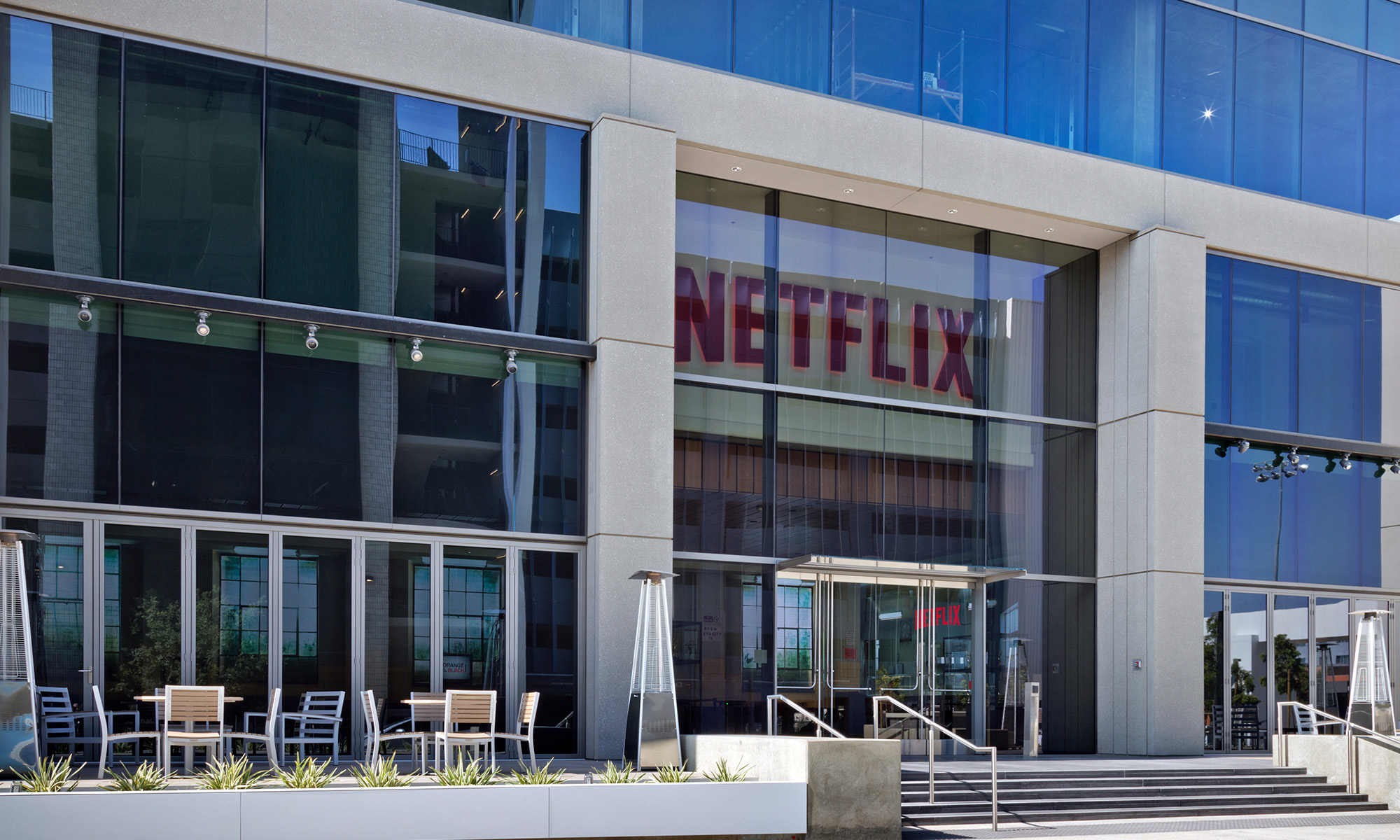It's hard to understate Netflix's (NFLX 1.75%) accomplishments over the last five years. The company has gone from experimenting with original content to becoming the most disruptive force Hollywood has seen in decades, spending far more on programming than any of its direct competitors. At the same time, Netflix has become a global brand, completing its international expansion in 2016, and it now claims 125 million members worldwide, up from 36 million five years ago. It's no surprise, then, that Netflix shares have surged in that span, up a whopping 885%. Netflix is now worth nearly as much as Walt Disney Co (DIS +1.65%), the company long seen as the gold standard in the entertainment industry.
However, while Netflix has disrupted industries far and wide from the video store to cable, it shows no signs of easing up in its quest to rule video entertainment, and it will continue to put the squeeze on the competition. Here's how Netflix is stacking the deck against its would-be rivals.

Image source: Getty Images.
Spending a ton in content
Netflix is planning to spend $7.5 billion to $8 billion on content this year, which includes both original programming and licensed shows and movies. That's an unprecedented level of spending in Hollywood for a single platform. The traditional entertainment giants like Comcast's (CMCSA +2.60%) NBCUniversal, Disney, Fox (FOXA +0.00%), and Time Warner (TWX +0.00%), which owns HBO and the Turner group of cable networks, all spent around that much last year for non-sports programming, but that was allocated across multiple networks and platforms.
For example, HBO, the company that Netflix CEO Reed Hastings considers its closest rival, spent just $2 billion on content last year.
In addition to delivering a wide range of appealing content for its members, Netflix's arms race has caused problems for its competitors by coaxing customers away from cable and driving up prices for talent, equipment, programming rights, and other resources.
Entertainment lawyer Darrell Miller told The Wall Street Journal last year, "You just can't compete with someone coming in with fresh money, low overhead and a lot less baggage than you," summing up the difficult position that traditional media companies are in.
With Netflix set to increase content spending over the coming years, the pressure on its rivals is only likely to intensify.
Stealing talent
Twice in the last year, Netflix has pulled off major coups, swiping some of best-known producers in the television business. Last August, Shonda Rhimes, the creator of hit shows like Grey's Anatomy and Scandal, said she would take her Shondaland production company to Netflix after a 15-year run with Disney-owned ABC. Echoing other creators who had signed with Netflix, Rhimes said the streaming service appealed to her because of its "unique creative freedom and instantaneous global reach."
Netflix followed up its poaching of Rhimes by drawing Glee creator Ryan Murphy away from Fox in February. Murphy, who was also the mind behind series like American Horror Story and Nip/Tuck, signed a five-year deal with Netflix for a figure rumored to be as much as $300 million, and abandoned Fox in part because he seemed uncomfortable with Disney's proposed acquisition of the his former employer.
Since Netflix doesn't have to pander to advertisers or even fit shows within a pre-scheduled timeframe, it offers creators much more freedom than linear television does. That's why Netflix has had so much success recruiting top comic talents like Jerry Seinfeld, Dave Chappelle, and David Letterman for a variety of different formats. The stock even popped a few weeks ago on rumors that the streamer could sign the Obamas to a series. With its giant global platform and the accessibility of streaming, Netflix is unique in the entertainment world, and it should continue to attract talent to its deep bench.
Keeping prices low
Netflix has demonstrated its pricing power twice recently as the streaming service has implemented two price increases in recent years, and its subscriber base barely flinched. In the U.S., subscriber growth has ranged between five and six million since it separated streaming from the DVD-by-mail business in 2011, and in the international market, subscriber growth has accelerated each year as the company seems to be just tapping into the foreign market.
Today, Netflix's standard package costs $11 per month, but that's still cheaper than HBO at $15 per month and commercial-free Hulu, which costs $12 per month, and it's much less than traditional cable packages. The value Netflix offers subscribers is unprecedented in video entertainment. Considering the average subscriber spends about an hour daily with the service, they are paying just $0.35 per hour of entertainment.
Those low prices and appealing value proposition will make it hard for entrants like Disney to break Netflix's grip on the streaming market, especially as Disney is facing a classic innovator's dilemma. It can't really follow Netflix and underprice its service, because then it would just cannibalize profits from its traditional TV networks. If it prices the service too high, it won't draw customers. Disney's recent ESPN Plus launch seems to underscore the dilemma as the company is keeping its best sports content off the streaming platform and charging just $5 per month.
As a disruptor and a first mover, Netflix has several advantages that traditional media companies don't. For instance, it hasn't had to show significant profits throughout its history as investors have been content with its growth and the disruptive opportunity. Disney, Fox, and the others don't have the luxury of sacrificing profits for innovation.
Netflix is also going billions into the red in free cash flow as it spends on content, but again, investors have been willing to give it a pass. That gives it another advantage over its traditional rivals.
Netflix has the momentum, consumer appeal, and value proposition to keep winning the streaming wars. As it prepares to spend even more on content, life will only get more difficult for its competitors.








